
My Sister Inherited Everything, While My Father Left Me Only a Chessboard, But the Secret It Held Shocked Our Entire Family
“Life is a chess game,” my father used to say, his voice a low rumble as he surveyed the board. “You don’t win by shouting, Katie. You win by seeing three moves ahead.” I’d often dismiss his pronouncements with a teenage eye-roll, but on the day he passed away in the familiar room where our Sunday chess matches unfolded, his words echoed with a poignant weight. I would have given anything to hear him utter them just one more time, to glean some hidden strategy from his familiar refrain.
Silence clung to me like a shroud as he breathed his last. The well-meaning neighbors arrived with their casseroles and hushed condolences, their presence a blur in my grief. Then came my half-sister, Lara – or rather, Laura now – stepping into the house as if it were a stage. Her tan glowed, her smile was bright and brittle, and the expensive coat draped over her shoulders seemed to mock the somber atmosphere.
“Gosh,” she remarked to Mom, wrinkling her nose slightly, “it still smells like him in here.”
Of course, it did. His favorite cologne still lingered on the wool of his coat hanging by the door, a silent testament to his recent presence. Laura hadn't come to mourn the loss of a father she barely knew; she had come to claim her prize.
We sat in strained silence as the lawyer finally unfolded the crisp legal document. “For my daughter Laura,” he began, his voice formal and detached, “I leave the house and everything contained within it. This property cannot be sold while its current resident remains.” Laura didn’t so much as glance in my direction. A smug smile played on her lips as she absorbed the news.
“And for my daughter Kate…” The lawyer paused, his eyes briefly meeting mine. My breath hitched in my chest. “…I leave my chessboard and its pieces.”
A soft snort escaped Laura’s lips, and she tilted her head towards me, a mixture of pity and triumph in her gaze. “A house for me, and a hobby for you, Katie. Fitting, don’t you think?”
I didn’t respond. The injustice of it was a physical blow. I simply stood, picked up the heavy box containing the chessboard, and walked out of the stifling room. Her condescending laughter followed me like a shadow. Outside, the wind whipped around me, offering a stark contrast to the suffocating air inside. My feet moved without conscious direction, carrying me through the familiar streets.
By the time I registered my surroundings, I was already in the old park, the place where Dad had taught me the intricacies of the Sicilian Defense and the sharp logic of the King’s Gambit. The stone chess tables, worn smooth by years of use and half-submerged in moss, stood as silent witnesses to countless games.
I sank onto a cold stone bench and opened the box. My fingers, still numb with grief, instinctively arranged the pieces on the board. Bishop. Knight. Pawn. King. The familiar shapes were a small comfort in the vast emptiness.
“You’re actually doing this?” Laura’s voice, sharp and laced with disbelief, cut through the quiet solitude. I didn’t need to turn around to know it was her. She appeared beside me, as if summoned by some unseen force, and dropped into the opposite seat with an air of entitlement.
“Still clinging to Daddy’s toys, Katie?” she sneered, emphasizing my name with a dismissive tone. “You really are so predictable.” She reached out a manicured hand and moved a white pawn without asking, her action a blatant disregard for the unspoken rules of the game, of respect. I responded in kind, my move a silent challenge.
We began to play, the familiar dance of strategy unfolding between us amidst the quiet rustling of leaves. “You know,” she said, her head cocked to the side in a gesture that was meant to appear thoughtful but came across as mocking, “he always thought this game taught character. But it’s just wood, isn’t it? Just carved symbols. Meaningless in the grand scheme of things.”
She moved another piece, her gaze fixed on the board but her thoughts clearly elsewhere. “I got the house, Katie. The whole damn house.”
I remained silent, focusing on the intricate patterns on the board, trying to find some semblance of the logic my father had always emphasized.
“And you got a game,” she continued, her voice laced with a triumphant edge. Pawn. Knight. Bishop. Each piece I moved felt heavy, laden with unspoken resentment.
“You always thought this meant something, didn’t you?” she pressed, her eyes flicking up to meet mine briefly before returning to the board. “This… this childish game. But in the end, it’s just wood.”
Her final move came swiftly, a sharp, decisive action. A snap of her wrist as she slammed the black knight onto the white king’s square. “Checkmate,” she declared, the word hanging in the air like a final judgment. Then, with a dramatic flourish – perhaps for her own amusement, or perhaps out of sheer cruelty – she stood and swept her arm across the board, scattering the carefully arranged pieces.
“No point in clinging to illusions, is there?” she said, her voice cold and final.
The wooden figures tumbled across the stone table, some bouncing and rolling into the overgrown grass. One piece, a white rook, landed near my foot. I reached down and picked it up. It felt heavier than I remembered, its weight strangely substantial in my palm. I turned it over in my fingers.
Click.
What was that? It wasn’t the dull thud of wood against stone. It wasn’t hollow. Curiosity piqued, I picked up another piece, a black pawn, and gently shook it. Rattle. A faint, distinct rattle. My breath caught in my throat.
There’s something inside!
I looked up. Laura was watching me, her expression unreadable for the first time since her arrival. Our eyes locked, and in that fleeting moment, I was almost certain she had heard it too. But then she tilted her head, a feigned look of boredom washing over her features, and let her gaze drift past me as if I were nothing more than a shadow.
“Come to dinner tonight,” she said casually, her tone nonchalant. “Mom asked. Said we should honor him properly. As a family.”
I blinked, momentarily thrown off by the sudden shift in her demeanor. “Did she really?”
“Of course. It’s what he would’ve wanted. We should all be… civil.” She turned and walked away before I could formulate a response, the sharp click of her heels against the paved path echoing in the sudden silence, each step like the ticking of a clock counting down to some unknown event.
Had Mom really asked her? Or was this another one of Laura’s carefully orchestrated maneuvers? Knowing my sister – my half-sister – either answer could be true. She was undeniably clever, adept at manipulation. And in her world, even seemingly innocuous invitations could be just as dangerous as overt threats.
That dinner invitation wasn’t a gesture of peace. It was a move. She was playing a different game now, one where the board was our family and the pieces were our emotions. And I, it seemed, had no choice but to sit down at her table.
A few hours later, the aroma of roasted chicken filled the air as I descended the stairs. Laura was already in the kitchen, humming softly as she stirred pots and plated food with an unsettling domesticity. She even wore Mom’s old apron, the one she used to derisively call “tragically domestic” during her brief rebellious phase.
“Evening, Katie,” she said brightly, opening the oven with a practiced ease. “Hope you’re hungry. I made rosemary chicken. And there’s a vegan option for Mom, of course.”
I blinked, taken aback by the unexpected transformation. Mom looked up at Laura as if someone had swapped her daughter with a well-mannered imposter overnight. “You cooked?” she asked, her brows arched in surprise.
Laura laughed sweetly, a sound that didn’t quite reach her eyes. “It’s not that hard. I found a simple recipe online. Even chopped some fresh parsley for garnish.” Fresh parsley. Of course. The epitome of domestic perfection.
I took my seat at the dining table in silence, across from the woman who wore my sister’s face but whose intentions remained shrouded in mystery. Throughout the meal, Laura maintained her performance, passing dishes with both hands, refilling water glasses with an almost subservient grace, smiling a wide, insincere smile as if she hadn’t just mocked my grief and my inheritance in the park hours earlier.
She avoided my direct gaze, her attention seemingly fixed on Mom and the pleasantries of the conversation. Not until I stood and deliberately placed the chessboard on the hallway console, just behind me, just within her line of sight – closed, silent, waiting – did her composure waver.
That was my move. A silent pawn offered on the board of our strained family dynamic. I wanted to see if she would flinch, if the sight of the object of her derision would elicit any reaction. She didn’t visibly flinch, but the smile stretched a fraction too tight, the brightness in her eyes a touch too forced.
Mom noticed the subtle tension. “You’ve been very sweet today, Laura,” she said, her voice light but with an underlying firmness. “Unusually sweet.”
“I’m trying to be better, Mom. We’re family, right?” Laura’s response was immediate, almost rehearsed.
“Some bonds are stronger than others,” Mom replied, her gaze steady as she cut into her food. “Especially when they’re tested. When people choose to stay, to support.” Her eyes flickered to mine as she spoke, a silent message passing between us. I forced a small, acknowledging smile.
“Is that what this is, Laura? Support?” I asked, the question hanging in the air.
“I just think,” Mom interjected, setting down her fork with a deliberate click, “that your father… he finally saw who truly stood beside him. Who gave him peace in his final days.”
“Peace?” I echoed, my voice tightening with a hint of bitterness. “You mean silence. Compliance. He didn’t want peace; he wanted loyalty.”
“And you think that was you, Katie?” Laura challenged, her smile unwavering.
I looked directly at her, the years of unspoken resentment simmering beneath the surface. “I stayed, Laura. I bathed him when he couldn’t. Fed him when he had no appetite. Watched him fade, day by agonizing day.”
“And he left you a game,” Laura retorted, her tone dismissive.
“Maybe that says more about him than me,” I shot back, the sharpness of my words surprising even myself.
Mom leaned forward, her expression hardening. “He gave my daughter the house because she deserved it, Katie. She sacrificed more than you know. And maybe it’s time you stopped acting like the victim.”
“I’m not acting, Mom. You’re just not used to seeing me speak my mind.” The silence that followed was thick and heavy, punctuated only by the clinking of silverware. Then, Laura let out a brittle laugh, the sound jarring in the tense atmosphere.
“Okay, let’s not ruin dinner. This is supposed to be… nice.” Her attempt at levity fell flat. Mom turned to me, her gaze firm.
“You should start packing your things in the morning, Katie. Just so there are no… complications.”
I stared at her, at both of them, at the carefully constructed façade of peace they tried to pass off as family. The injustice of it all was a bitter taste in my mouth. I picked up my plate, the ceramic cold against my trembling hands, and quietly carried it to the sink. I didn’t offer a thank you for the meal. I didn’t say another word. I simply turned, walked upstairs, and locked my bedroom door behind me, the click of the bolt a small act of defiance in the face of their orchestrated eviction. One thing was certain in my mind: dinner wasn’t over. The real game was just beginning.
The old house seemed to hold its breath, every creak and groan amplified in the stillness of the night. I lay in bed, wide awake, listening. Waiting.
Then, a subtle shift in the atmosphere. Somewhere in the darkness downstairs, I heard it – the soft creak of floorboards, the almost imperceptible click of a drawer sliding open, the faint, velvety shuffle of fabric. Laura. She was downstairs. And I knew, with a certainty that chilled me to the bone, that she was near the chessboard.
A low murmur drifted up the stairs, too indistinct to make out words, but the intent was clear. Then, a sharper sound – the distinct crack of brittle wood. A small velvet pouch, the kind jewelry often came in, appeared in her hand, catching the faint light filtering from the hallway. A triumphant gleam flickered in her eyes.
“So,” I said calmly, my voice cutting through the silence as I stood in the doorway, observing the scene. “It wasn’t just wood after all, was it, Laura?”
Laura spun around, startled, the stolen pouch clutched tightly in her hand. Her initial surprise quickly morphed into a defensive glare. “You knew.”
I didn’t answer, simply watching as she stood, straightening herself with a theatrical flourish, like a dancer taking center stage. “I solved it,” she declared, her voice laced with a smug satisfaction. “He left the real gift inside the game. And I found it.”
“You broke it open like a thief,” I countered, the accusation hanging heavy in the air.
“He gave you the board, Katie, but he gave me the meaning. And now I have it.” Her grip tightened on the pouch.
“Do you?” A new voice emerged from the shadows behind me. Mom stood there, her expression a mixture of vindication and something akin to triumph.
“She figured it out, Katie,” Mom said simply, her gaze unwavering. “And you didn’t.”
I looked from one to the other, at the smug confidence radiating from Laura and the cold satisfaction twisting Mom’s lips. They were already reaching into the pouch, their fingers closing around the hidden contents.
Laura lifted the pouch and tipped a few small, bright objects onto her palm. They were smooth, glassy, catching the dim light. “Check and mate, little sister,” she whispered, her voice dripping with victory.
I looked at her, a small, knowing smile playing on my own lips. “No, Laura. Zugzwang.”
“What?” Confusion flickered across her face, momentarily eclipsing her triumph.
“It’s a chess term,” I explained, my voice calm and steady. “It means every move you make now only makes things worse.”
Mom frowned, her initial certainty beginning to waver. “What are you talking about, Katie?”
I stepped closer to the table, my gaze fixed on Laura. I reached out and tapped one of the cracked rook pieces with my finger. “Glass,” I said, my voice clear. “Colored, smooth glass. From a sewing kit I’ve had since I was fifteen.”
I looked directly at Laura, the truth dawning in her eyes. “You found what I let you find.”
Her face paled, the color draining away like water. “The stones… the real stones you found? They’re fakes. Just glass. From an old bead kit I used to keep for sewing buttons. I swapped them out the morning after the funeral, while you were… preoccupied.”
Laura’s breath hitched. “You’re lying.”
I reached into the inner pocket of my coat and pulled out a slim envelope. “Here’s the deposit confirmation from the bank, Laura. The real pouch, the one Dad actually hid, is already locked away. Under my name. Safe. Untouchable.” The paper seemed to burn in her gaze as she recoiled slightly. Mom remained silent, her expression unreadable.
“And there’s something else,” I said, reaching into the lining of the chessboard case. My fingers closed around a folded piece of paper, soft and worn with time, but still intact.
“My father’s real will. The one he hid, because he knew the official one would only start the game.” I carefully unfolded the fragile paper and began to read aloud:
“To my daughters…
If you’re reading this, it means the game has played out.
Laura, I loved you fiercely. I gave you much – freedom, opportunity, every chance to show who you truly are. To your mother, Sarah – I gave all I could. I hope it brought you peace.
Katie – you stayed. You carried the weight, the quiet burden of my final years. I gave you little in material wealth but left you the map. That was my last game, my final test.
If you are honest with each other, you may live together in peace. If not, everything – the house, its contents, everything – belongs to Katie.
I gave you all the pieces of me, in different ways. I needed to see who would protect the whole.”
I folded the letter, the weight of my father’s final words settling in the silent room. I looked at Laura, her face a mask of disbelief and dawning horror, then at Mom, whose carefully constructed composure had finally crumbled.
“Checkmate,” I repeated softly, the word now carrying a completely different weight. The game, it seemed, was truly over.
News in the same category


Turns Out I Rented an Apartment to My Husband's Mistress, and Their Next Date There Was One I'll Never Forget

Neighbor Mocks Poor Woman for Filthy Look of Her House, Apologizes after She Sets Foot Inside

My Wife Kicked Me Out of the House Because of the Sudden Confession of My Director

My Son’s New Classmates Turned Him from a Straight-A Student into a Troublemaker — But I Didn’t Give Up on Him

After My Brother's Funeral, His Widow Gave Me a Letter – I Wasn't Ready for What He'd Confessed
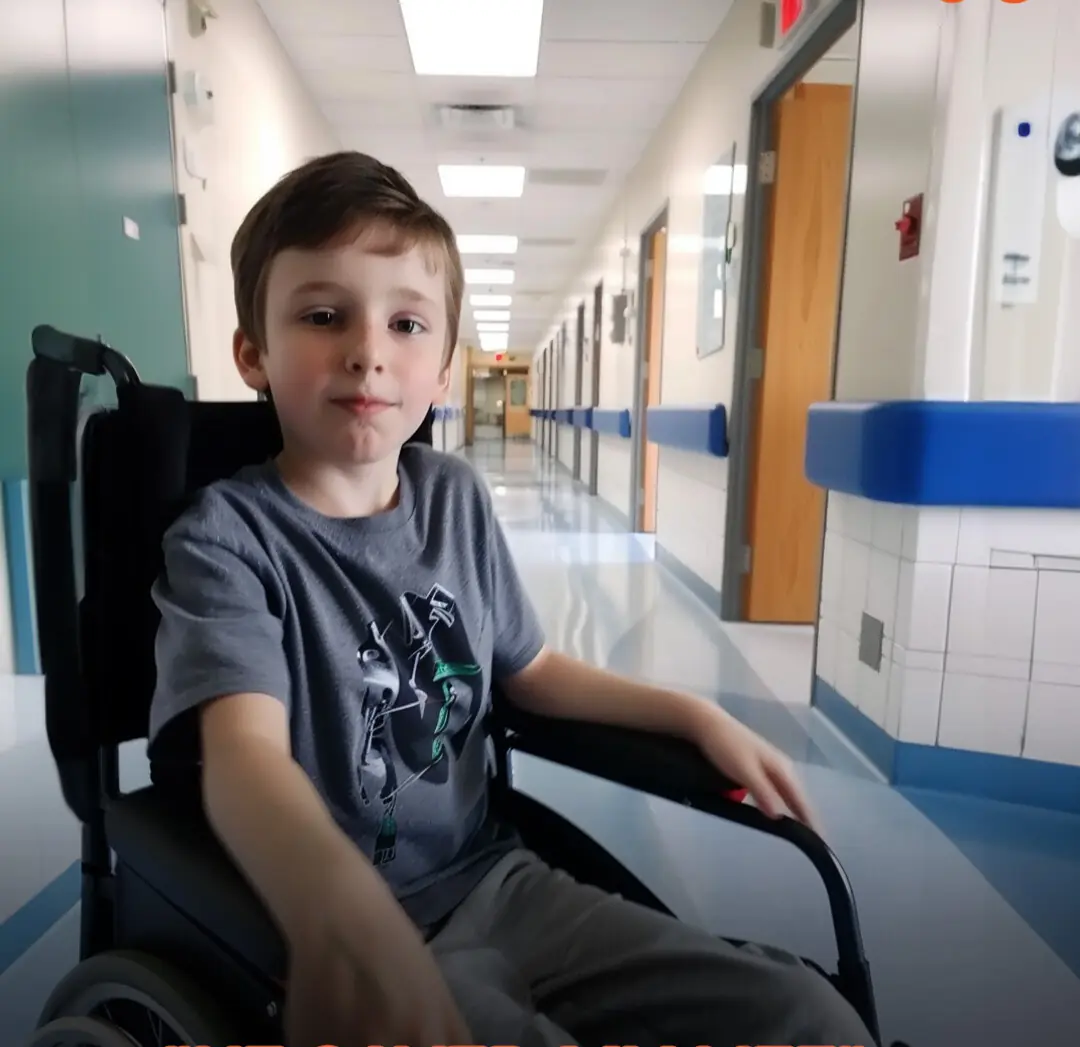
Businessman Loses All Hope After His Diagnosis, but One Hospital Encounter Changes Everything
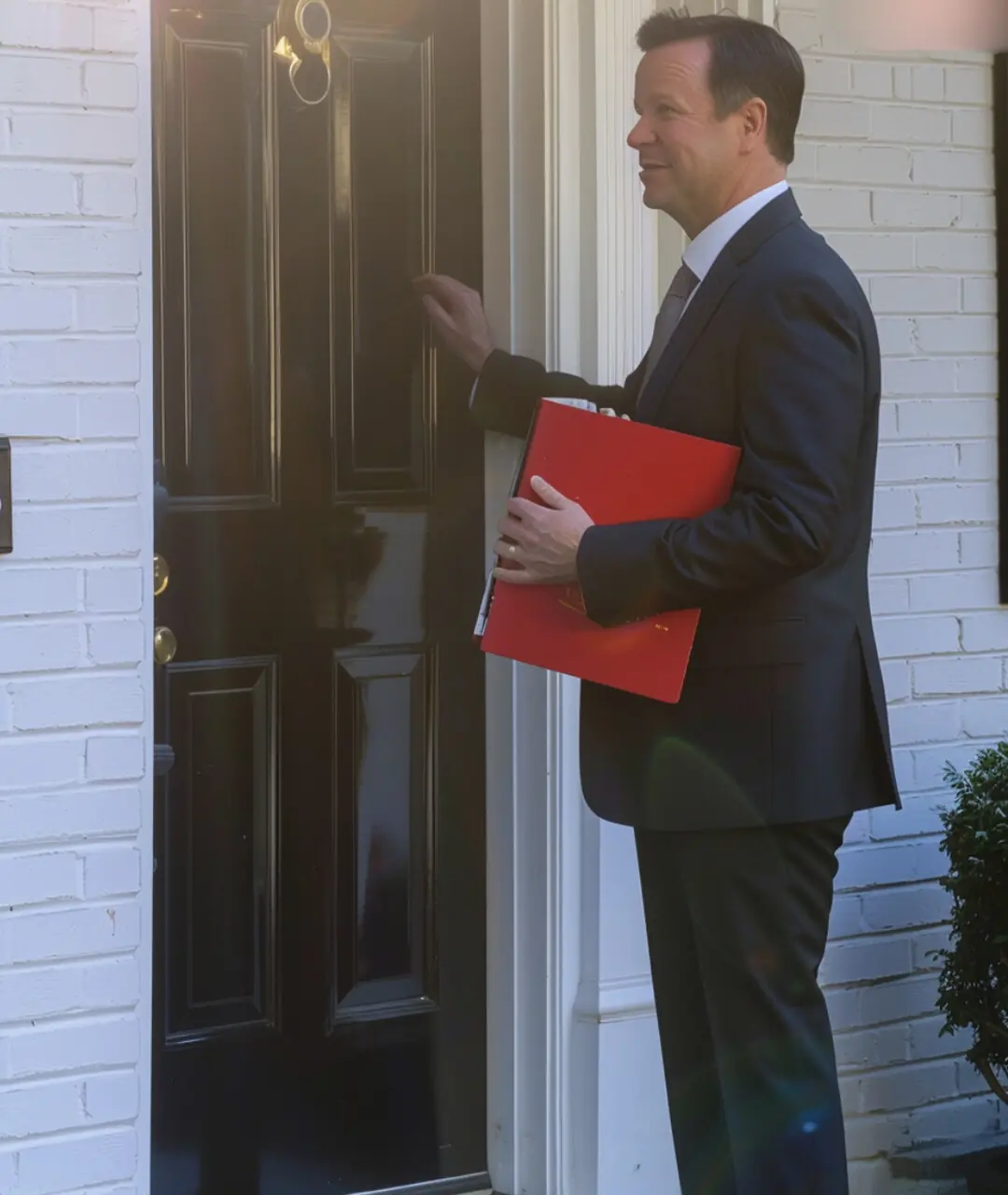
My Husband's 'Business Partner' Showed Up at Our Door and Mistook Me for the Cleaning Lady — I Decided to Play Along
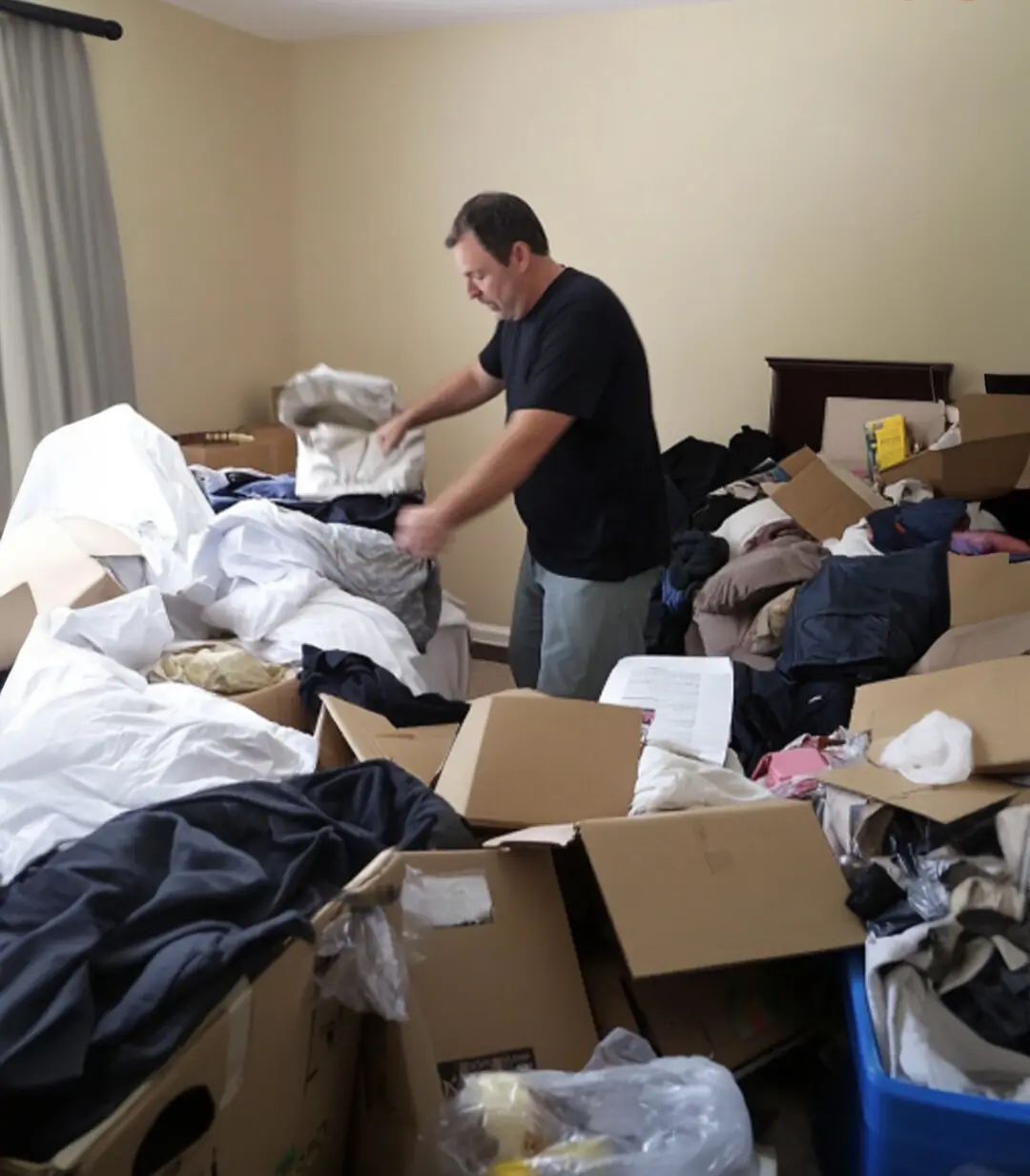
My Husband Asked for a Divorce Right After Learning About His Rich Father's Inheritance
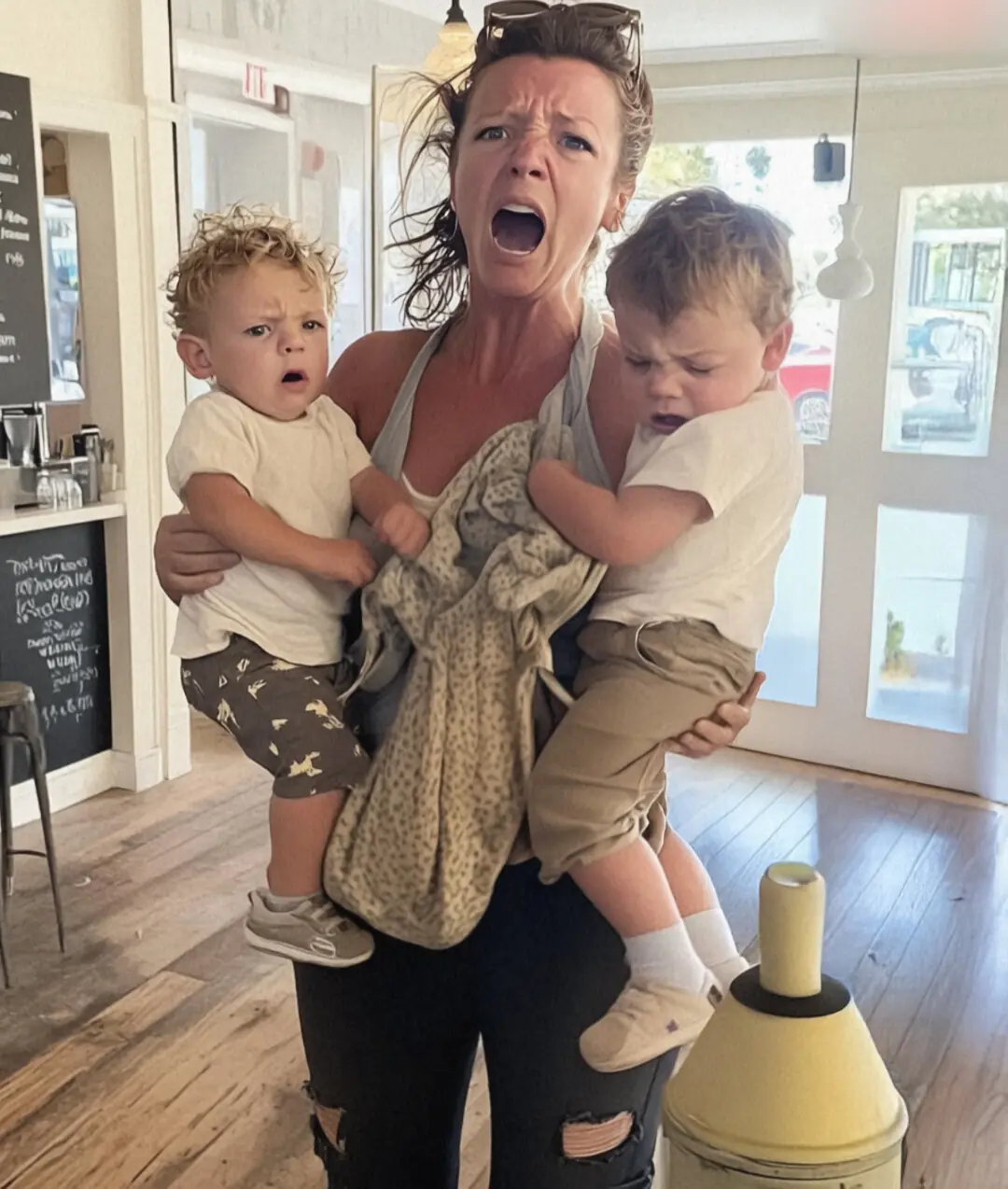
Entitled Mom Claimed My Seat at the Cafe — Her Face Turned Red after I Taught Her a Lesson
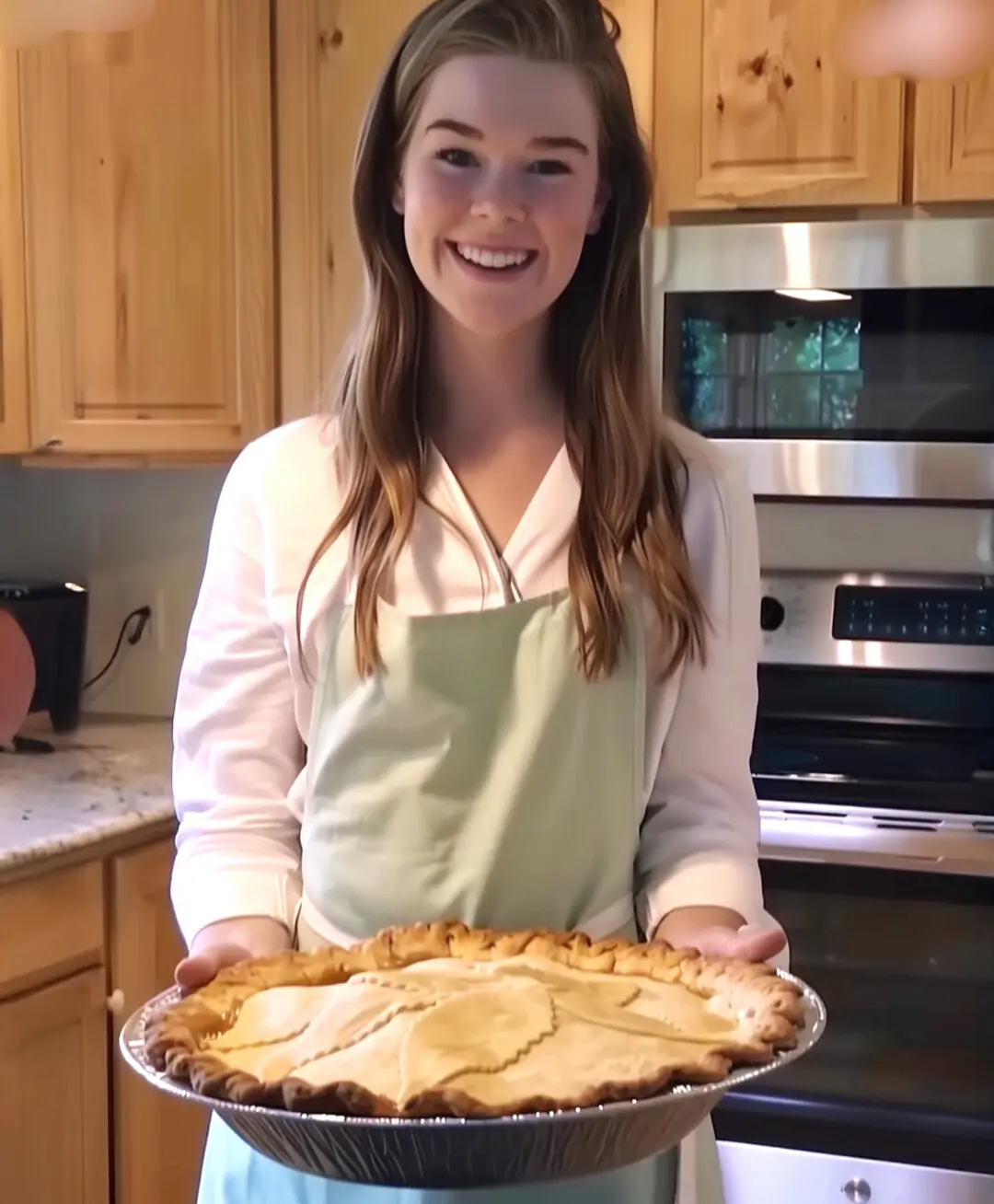
My Fiancé Told Me His Grandma Wanted to Meet Me Before the Wedding – As I Arrived, a Nurse Pulled Me Aside and Said, 'Don't Believe a Word'
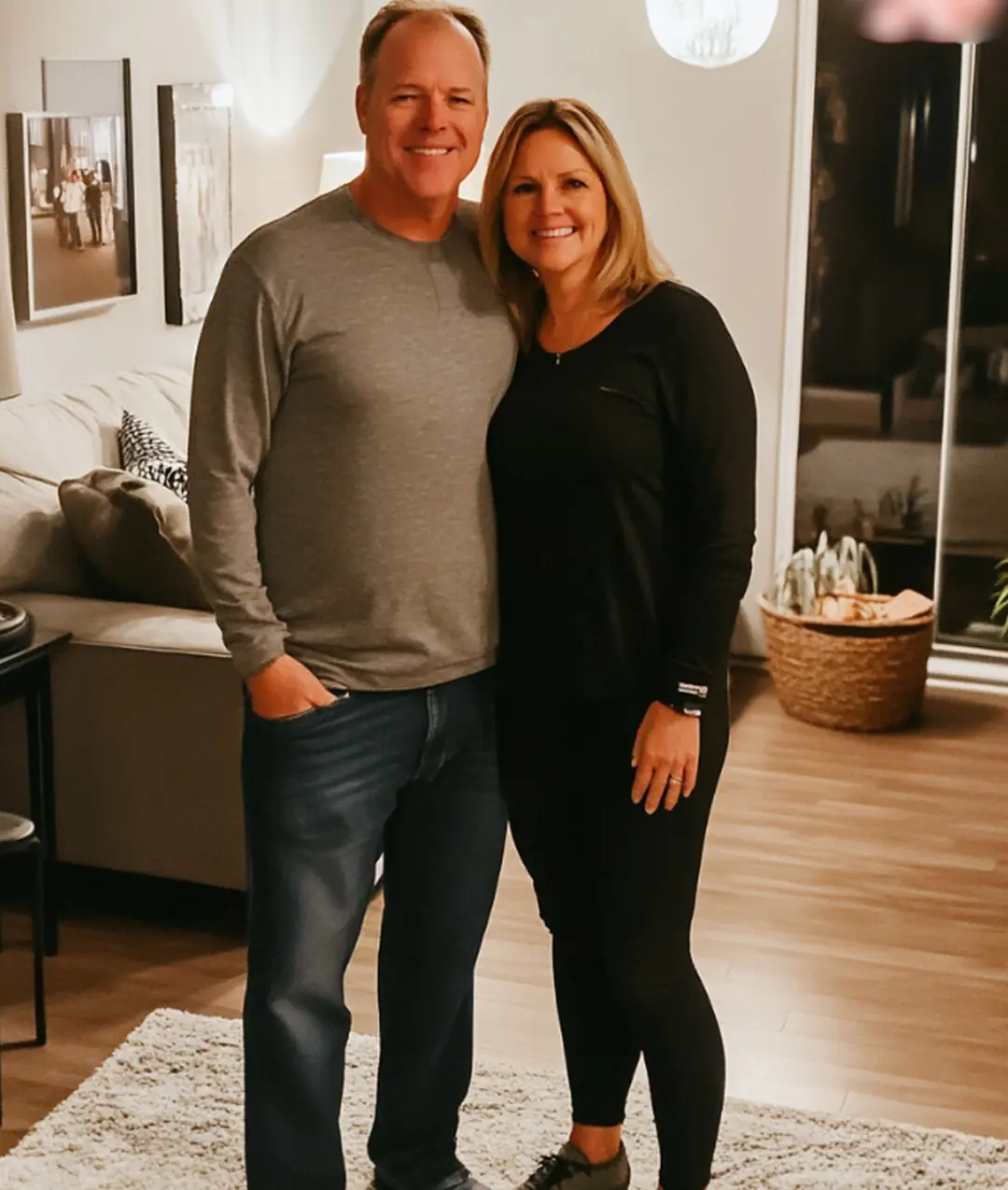
I Built My Dream Home With My Husband of 22 Years — Then He Put It in His Mistress's Name!
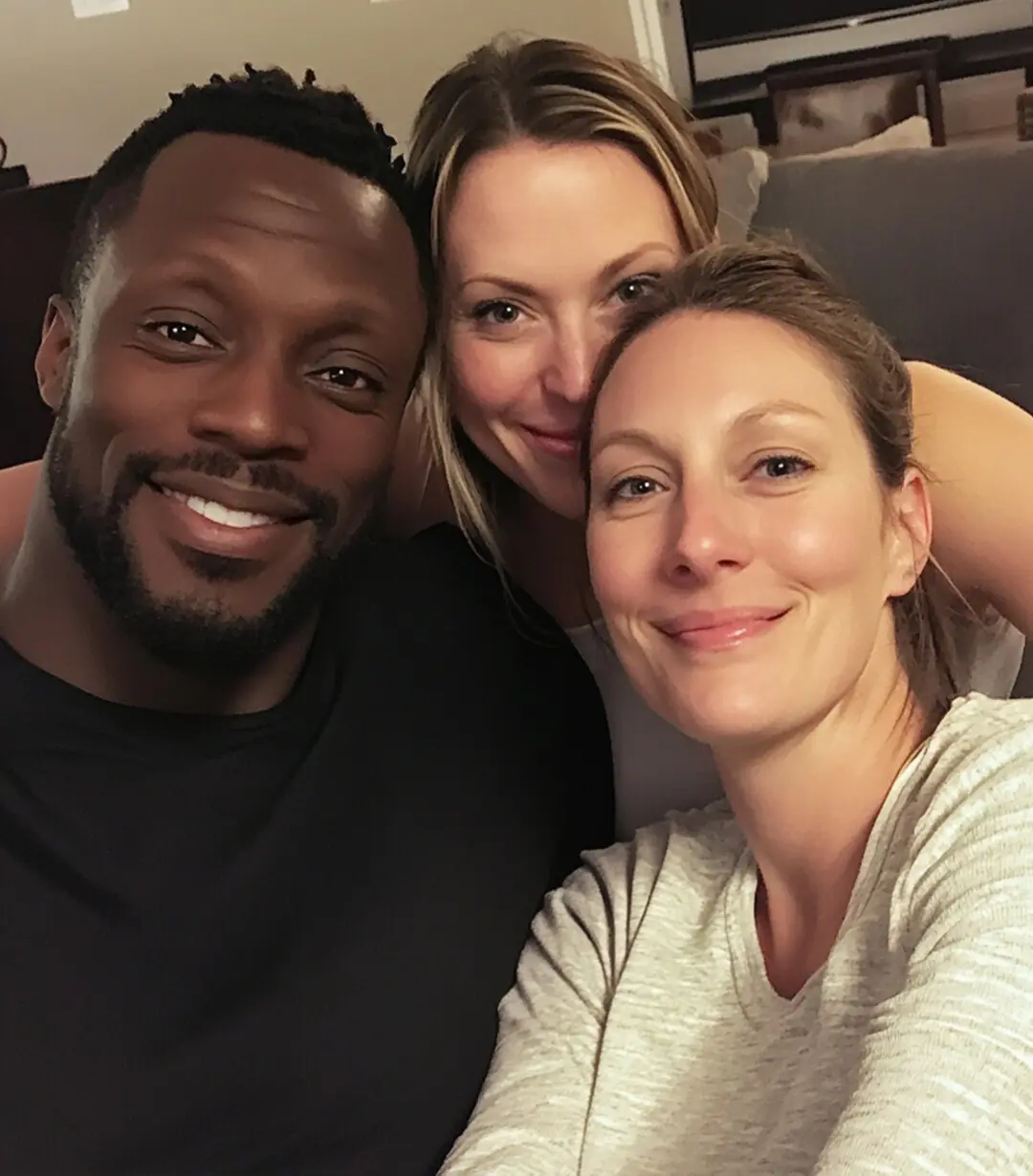
'I Told You a Hundred Times Not to Do That!' My Husband's Accidental Words to My Friend, Whom I Thought He Had Never Met Before
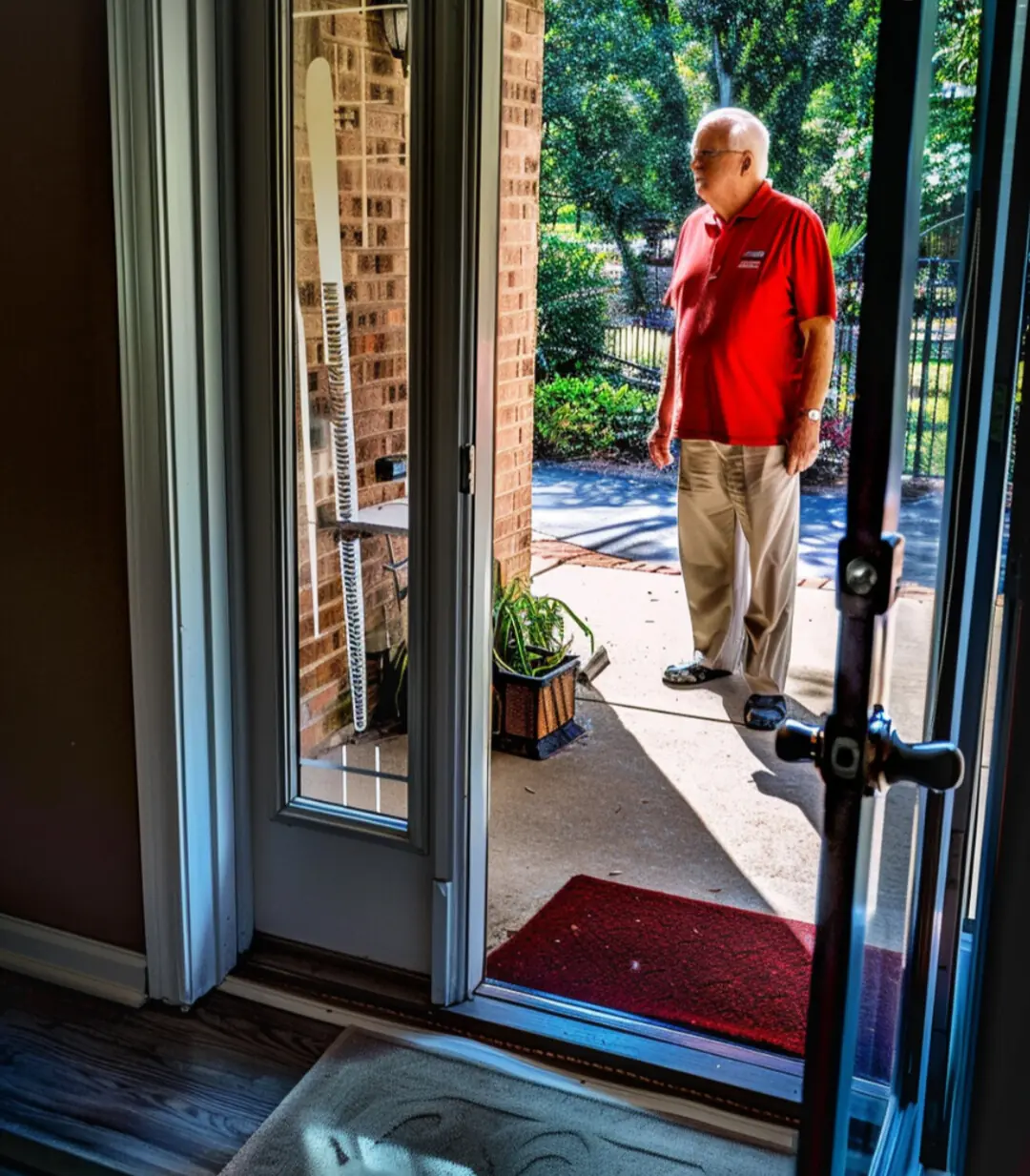
We Rented a House From an Elderly Woman—And Found Letters in the Walls from the Man She Lost
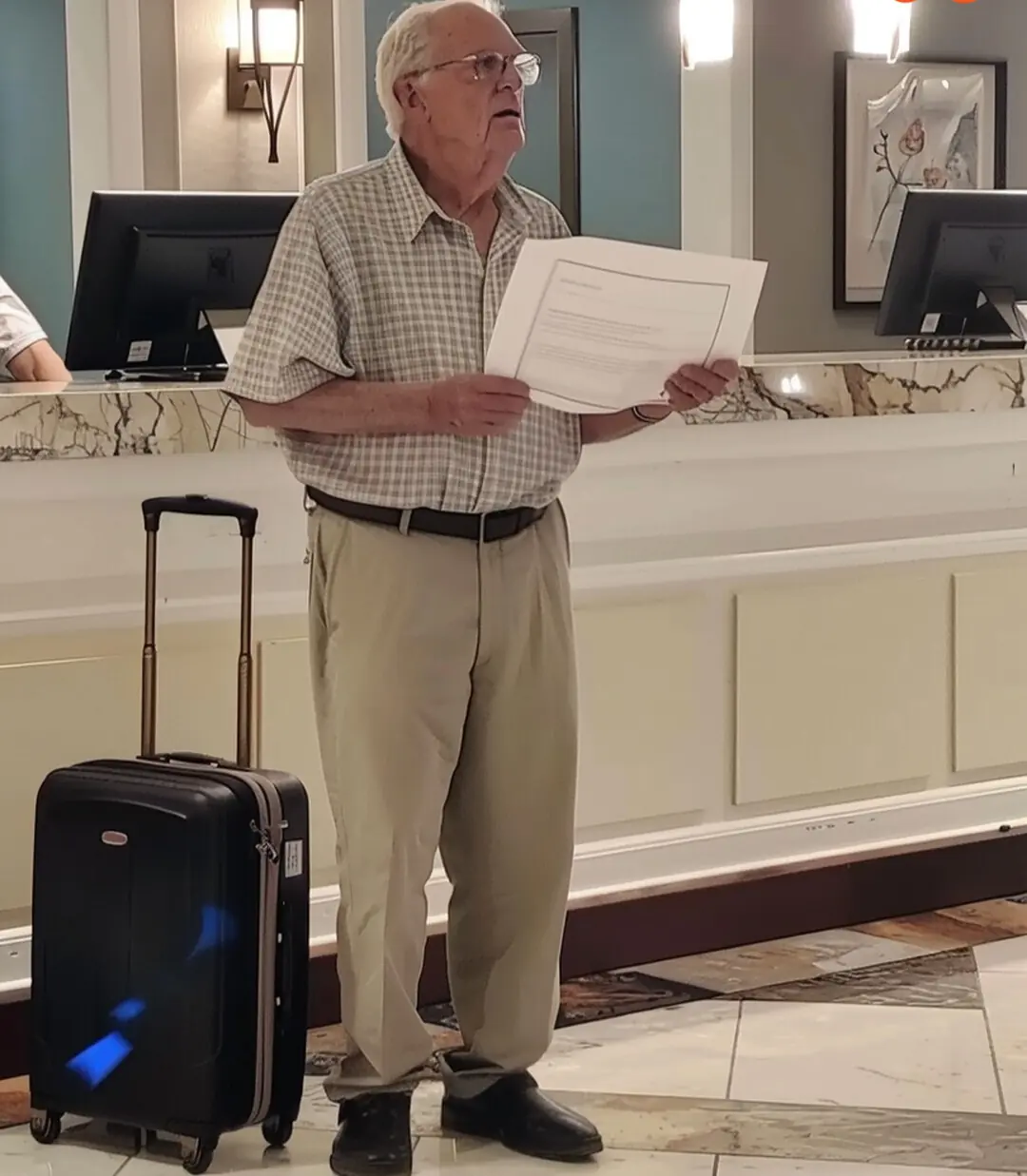
My Family Left Grandpa at the Hotel to Avoid Paying — They Didn't Realize I Was the Wrong Grandson to Mess With
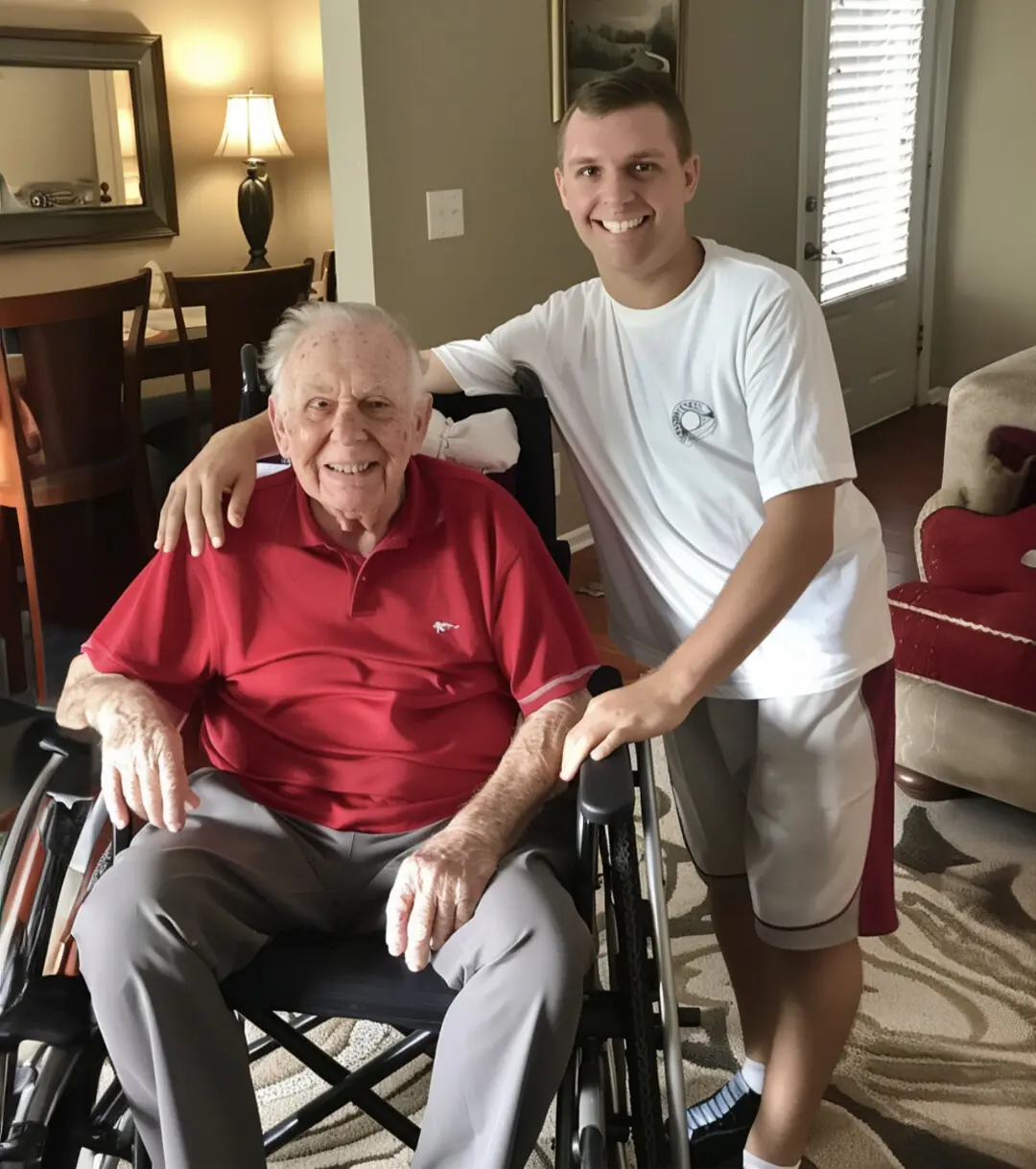
My Friend's Grandpa Gave Us Points for Every Visit & Included Me in His Will, While His Entitled Sons Expected a Fortune
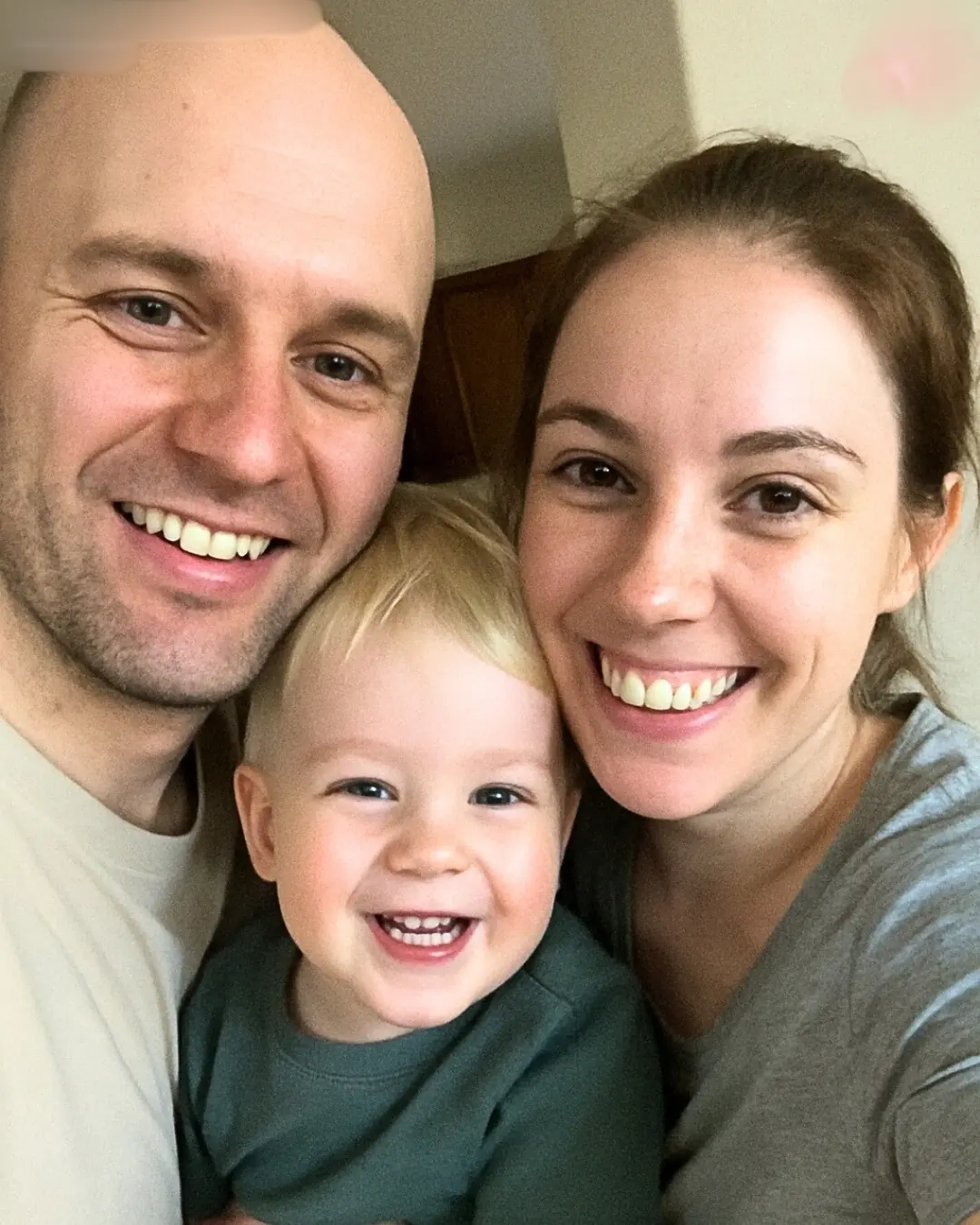
I Heard Our Baby Crying While I Was in the Shower & My Wife Was Watching TV – When I Entered His Room, I Screamed in Shock
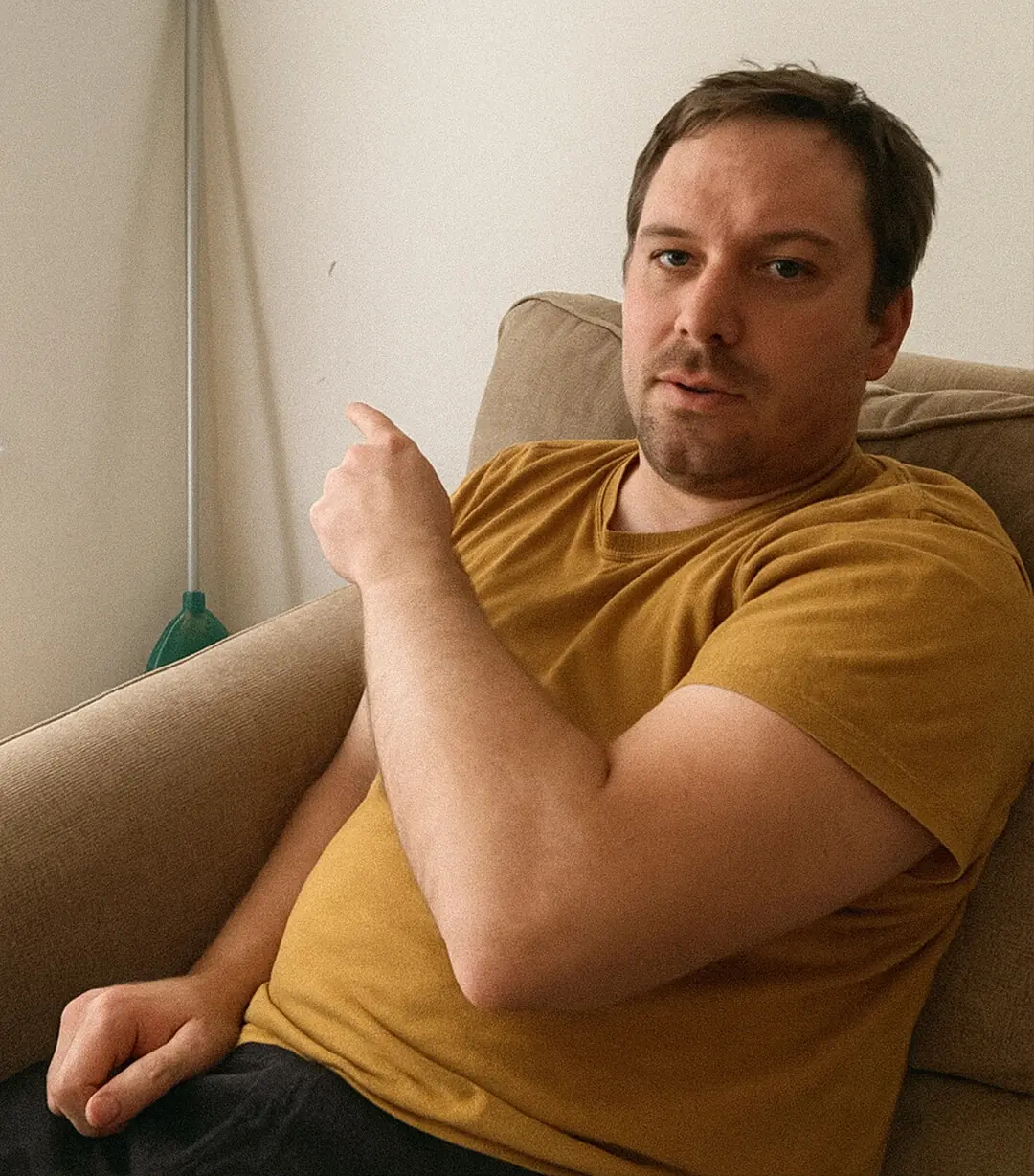
My Husband Refused to Replace Our Broken Vacuum and Said I Should Sweep Since I'm 'Just on Maternity Leave' — So I Taught Him a Lesson He'll Never Forget
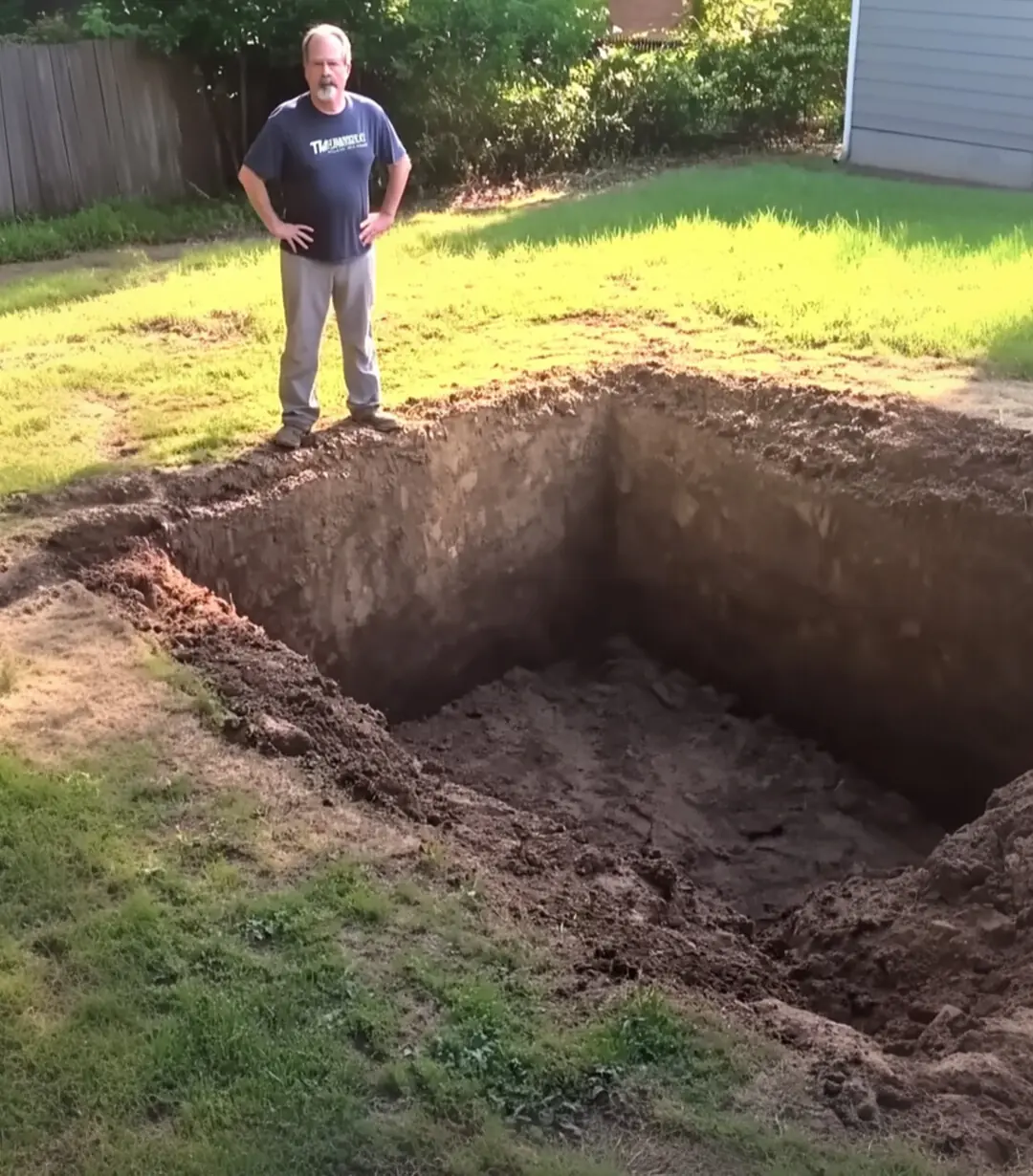
My FIL Got Rid of My Beloved Flower Garden & Dug a Pool for Himself without Permission – But Karma Hit Him Back Harshly
News Post

Skin Cells Can Send Electrical Signals to Help Heal Wounds – A New Discovery in Wound Healing

Disturbing simulation reveals what really happens to your body after injecting Ozempic
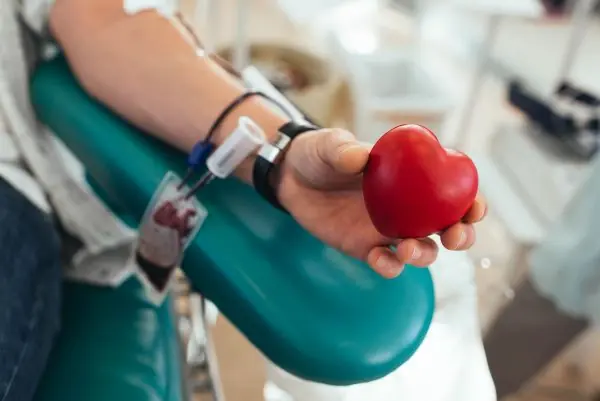
Regular Blood Donation May Improve Blood Cell Health and Reduce Cancer Risk

Simulation Reveals Shocking Truth About What Ozempic Does To Your Body After Injection

Vitamin B12 Deficiency Symptoms

5 Early Signs of Colon Cancer You Shouldn’t Ignore

4 Subtle Signs on Your Face That Could Signal Health Problems

Girls Visit Dad's Grave to 'Show' Their New Dresses as He Asked, See 2 Boxes with Their Names

Turns Out I Rented an Apartment to My Husband's Mistress, and Their Next Date There Was One I'll Never Forget

Neighbor Mocks Poor Woman for Filthy Look of Her House, Apologizes after She Sets Foot Inside

My Wife Kicked Me Out of the House Because of the Sudden Confession of My Director

My Son’s New Classmates Turned Him from a Straight-A Student into a Troublemaker — But I Didn’t Give Up on Him

After My Brother's Funeral, His Widow Gave Me a Letter – I Wasn't Ready for What He'd Confessed
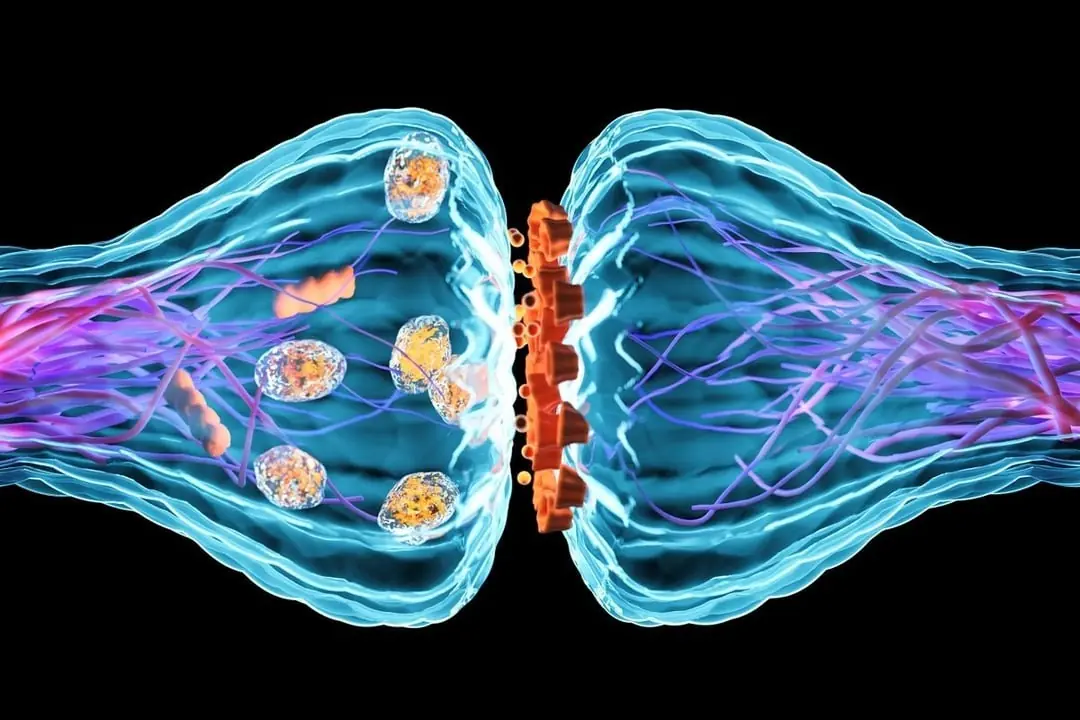
The Key to Everlasting Memories? Scientists discovered the "glue" that makes memories stick!

Listening to Music Literally Speeds Up Recovery from Surgery, Research Shows
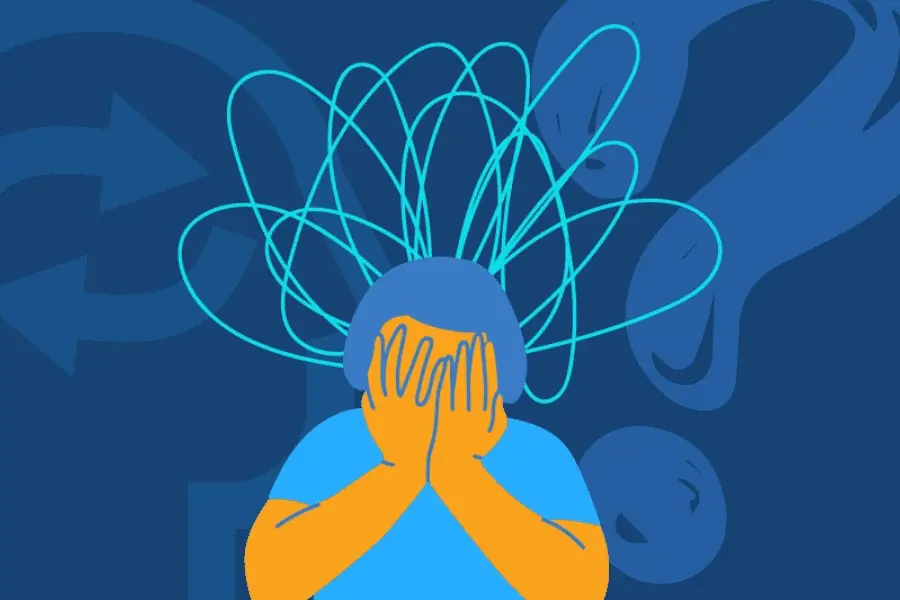
A Common Drug Used in Tylenol, Excedrin, and More Was Just Linked to ADHD

Pulsatile Tinnitus: Why You Hear Your Heartbeat While Lying Down

Doctor's Warning To People Whose Fingers And Toes Change Color And Feel Numb In The Cold

Red Spots on Skin: 13 Common Causes
